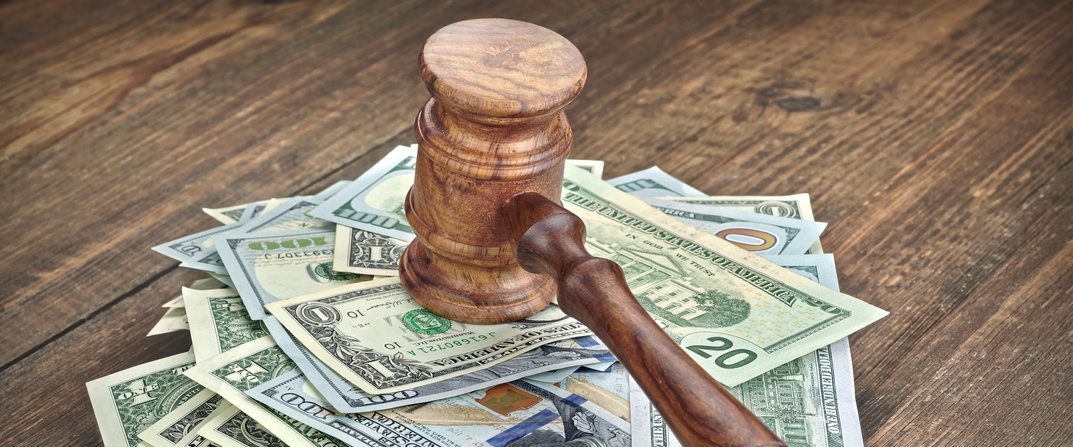
Before you buy or sell a used car, you’re often asked if there is a lien on the vehicle. This typically means that a debt or other obligation is held to the car. Tax liens work in a similar way.
But what is a tax lien? And how does it affect me? Here are the basics of understanding tax liens and how to avoid them in the future.
What is a tax lien?
A tax lien is a federal document issued by the IRS when you fail to pay your personal or business taxes on time. Keep in mind that the fiscal year is between October first and September 30. The tax lien is a notice that the government has a legal claim to your property which they can seize in order to pay off the debt incurred from your taxes. In the event a business lien is issued, the government has a right to any property owned by your business, including intellectual property like trademarks and copyrights.
A tax lien can also damage your business credit score. Luckily, the new tax laws implemented in April of 2018 prevent any tax liens from damaging your personal credit score.
How do I know if I have a tax lien?
If you or your business is late on your taxes, you will be notified by the IRS through a Notice and Demand for Payment document. Once you receive this notice, you have 10 days to pay your tax debt before the IRS is able to file a lien against you or your business. Keep in mind that you have to pay your tax debt in full, including any penalties, fees, or interest.
What can you do to get a tax lien released?
In the event you failed to pay your taxes in time, you should get a tax lawyer to help discuss your options. If you’re able to pay your debts promptly, then the IRS will remove the tax lien within the next 30 days following the payment.
You can also opt for a lien withdrawal. This means that the taxpayer doesn’t have to pay off their debt, but this is rare. A taxpayer should only apply for a lien withdrawal once they receive the help of an experienced tax lawyer. A withdrawal is valid if the lien was filed incorrectly or if the business owner has opted for an installment plan.
How do I avoid a tax lien?
The best way to avoid a tax lien is by paying your personal and business taxes on time. However, talking to an experienced tax lien attorney can provide other options, like securing a payment plan.
When you have a tax lien or bank levy held against your business, you deserve the best tax lawyer in Schaumburg; call Michael C. Whelan JD CPA today.
